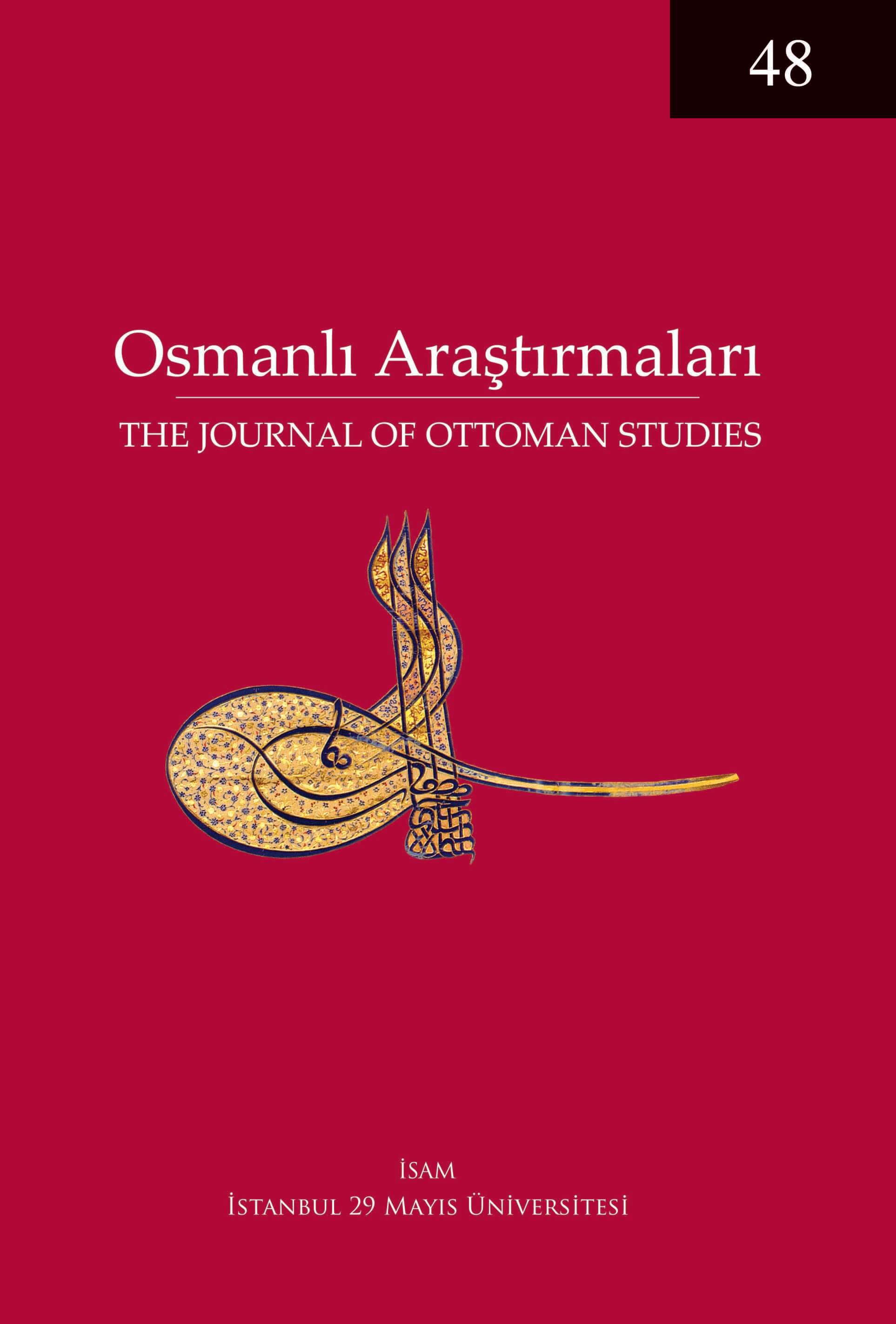Why Did Süleyman the Magnificent Execute His Son Şehzade Mustafa in 1553?
Keywords:
Şehzade Mustafa, Succession, fratricide, Hürrem Sultan, Kanuni Sultan Süleyman, Rüstem PaşaAbstract
This article examines the reasons why Süleyman the Magnificent executed his son Şehzade Mustafa during the Nahçıvan military campaign of 1553. According to the dominant narrative in both Ottoman sources and academic literature, Süleyman’s concubine and later wife Hürrem Sultan and her closest ally, Süleyman’s son-in-law Rüstem Pasha, plotted against Mustafa in order to save the throne for one of Hürrem’s own sons. Though the latter was widely beloved, this scheme cost him his father’s favor. Afterward, however, the sultan regretted the decision and dismissed Rüstem Pasha from his position as grand vizier. This article examines the roles of Sultan Süleyman, Şehzade Mustafa, Hürrem Sultan, and Rüstem Pasha in the Ottoman, Venetian, Habsburg, French, and Persian sources, investigating why the sultan executed the prince in the context of the Ottoman succession experience. Adding complexity to the common narrative, this article concludes that the sultan, who was losing his authority to the prince, desired to consolidate his power and to remove his dynasty from the competition between social groups that had characterized earlier succession struggles.




